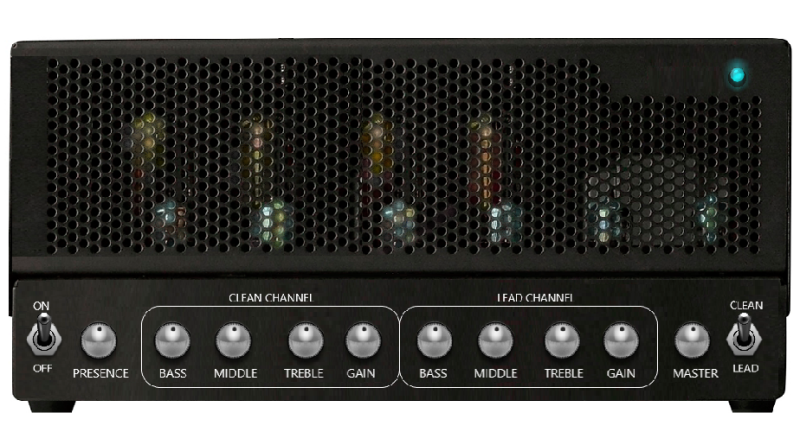There is a certain magic and uniqueness to hardware, particularly when it comes to audio. Tube amplifiers are well-known and well-loved by audio enthusiasts and musicians alike. However, that uniqueness also comes with the price of the fact that gear takes up space and cannot be configured outside the bounds of what it was designed to do. [keyth72] has decided to take it upon themselves to recreate the smooth sound of the Fenders Blues Jr. small tube guitar amp. But rather than using hardware or standard audio software, the magic of AI was thrown at it.
In some ways, recreating a transformation is exactly what AI is designed for. There’s a clear and recordable input with a similar output. In this case, [keyth72] recorded several guitar sessions with the guitar audio sent through the device they wanted to recreate. Using WaveNet, they created a model that applies the transform to input audio in real-time. The Gain and EQ knobs were handled outside the model itself to keep things simple. Instructions on how to train your own model are included on the GitHub page.
While the model is simply approximating the real hardware, it still sounds quite impressive, and perhaps the next time you need a particular sound of your home-built amp or guitar pedal, you might reach for your computer instead.
















This is sold by Kemper as an (expensive) product. Great to see that the tech will become eventually open source and free.
I agree, this is a good application for machine learning. There is an issue with the sample rate being much higher than most ML systems can handle, and WaveNet does much to improve on that although there is still much more work to be done.
Just stumbled upon this, thanks for sharing my project! It’s built from the research done at Aalto University, and that is what got me interested in machine learning. Hopefully this will inspire others to do the same, or at least to think about what could be possible. There’s definitely a lot to improve on, this current WaveNet implementation takes more processing power than other commercial plugins, but it has been fun trying it out of different amps and pedals (with various levels of success).
No idea if the project still goes on, but it is interesting as I want to recreate the musical/high-end tube amplifier with a regular transistor amp (custom built) with a GPU (Tegra, or the like) or FPGA for the realtime audio processing.
Imagine we could train a model to recreate the sound of high end amplifiers, after all – one of the reasons people like tube amps is because the harmonics introduced..